Search Results
Showing results 61 to 72 of 72
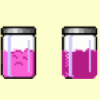
See It to Believe It: Visual Discrimination
Source Institutions
In this activity (12th on the page), learners investigate their ability to discriminate (see) different colors.
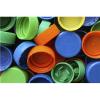
Dark Adaptation
Source Institutions
In this activity (6th on the page), learners investigate how photoreceptors in the eye (rods and cones) "adapt" to low light conditions.
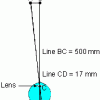
Measuring Your Blind Spot
Source Institutions
In this activity, learners calculate the width (horizontal diameter) of the blind spot on their retina. Learners make a blind spot tester using a piece of notebook paper.

Magic Wand
Source Institutions
In this activity about light and perception, learners create pictures in thin air.
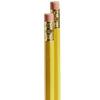
Depth Perception
Source Institutions
In this easy demonstration (3rd on the page), learners explore depth perception by conducting a test with two pencils.
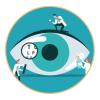
Your Blind Spot
Source Institutions
In this activity, learners will explore how their own eyes work by experimenting with their photoreceptors.
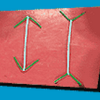
Arrows
Source Institutions
In this activity, learners surprise their eyes with an optical illusion involving arrows made out of pipe cleaners.
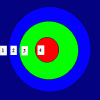
Drop IT!: Depth Perception
Source Institutions
These two activities (4th on the page) demonstrate the importance of two eyes in judging depth.
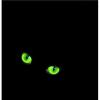
Seeing in the Dark
Source Institutions
In this activity (17th on the page), learners investigate why you cannot see colors in dim light.
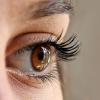
Accommodating Accommodation
Source Institutions
In this demonstration (18th on the page), learners conduct a simple test to explore how the cornea refracts light, which is further bent by the eye lens through a process known as accommodation.
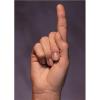
Shifting Backgrounds, Shifting Images
Source Institutions
In this quick activity/demonstration (5th on the page), learners explore depth perception.
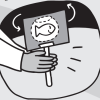
Thaumatrope
Source Institutions
In this activity, learners make an optical illusion toy from the 1800s to explore persistence of vision.
